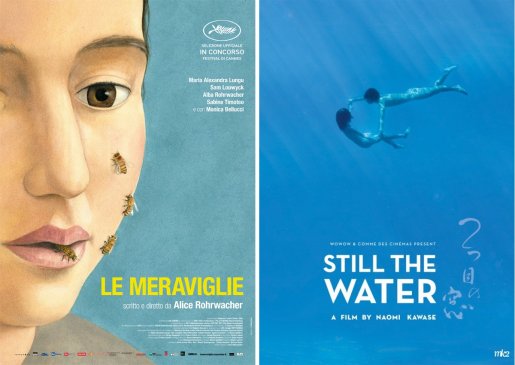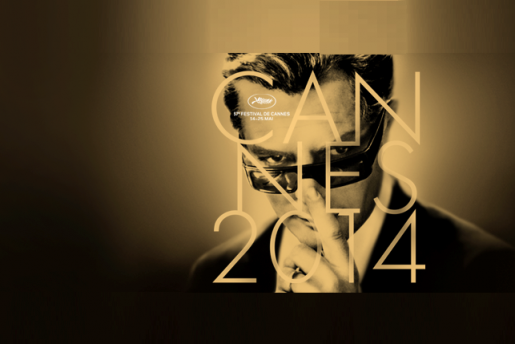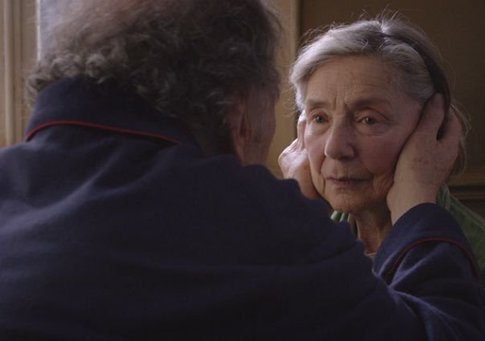Séamas McSwiney has decades of experience in film journalism, and work published in some top international publications. As our guest film correspondent he will be sending us special reports from the Cannes 2014 film festival, starting with this preview.
It's that time of year again, where Glamour, Art and Business get together on the Riviera, in search of attention, glory and profit.
The press conference to announce the fifty or so films in the Official Selection of the Festival de Cannes, (Competition, Un Certain Regard, Out-of-Competition, Midnight screenings, etc) was a jovial event, it being the last over which Gilles Jacob would preside.
He and the General Delegate, Thierry Frémaux, were sat beside the official posters featuring a shot of Marcello Mastroianni from Fellini's 8½. He's the Cannes ‘poster boy' to counter the recent series of alluring actresses who have adorned recent years' posters, considered by some to be a tad sexist. Marcello is therefore this year's ‘male object' for the ogling eyes of all admirers.












